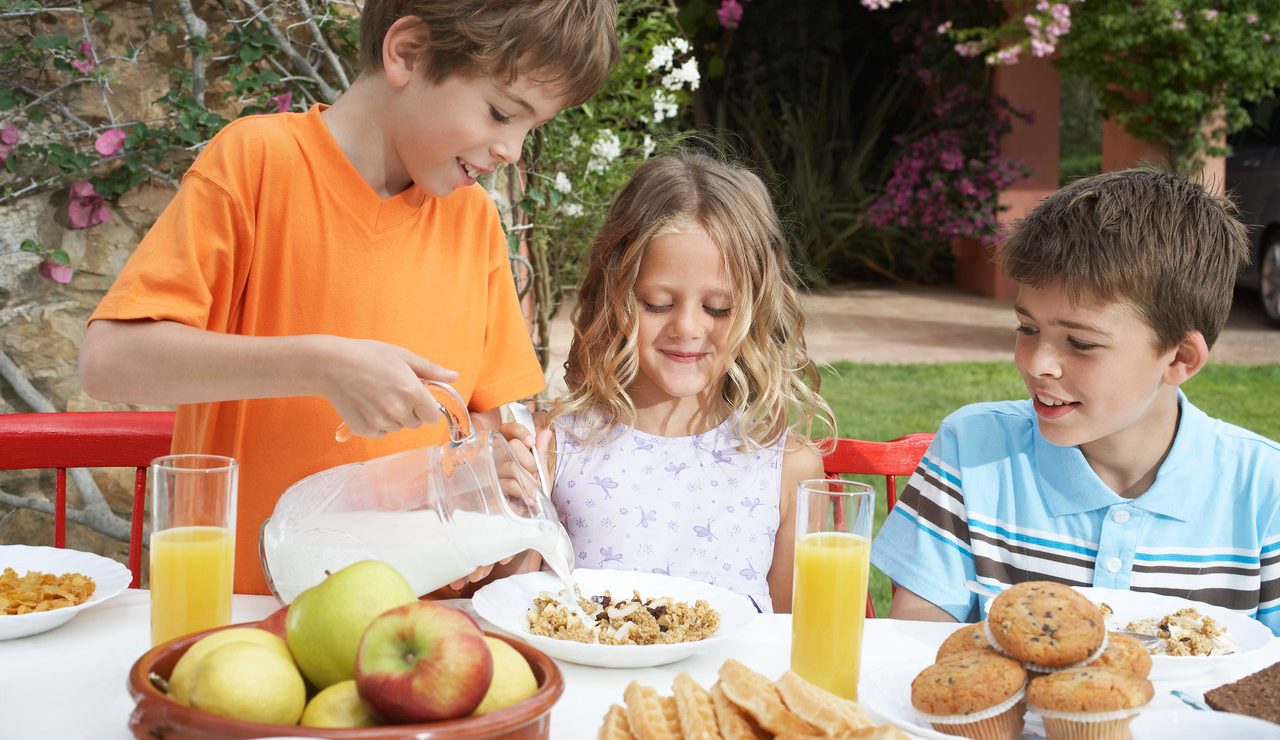How to Avoid Food Poisoning During Picnics

Bugs aren’t the only picnic spoilers; food poisoning is another downer. Here’s how to prevent contaminated food from ruining your cookout.
Picnics are a favorite summer pastime, and there’s nothing like the taste of steak or ear corn fresh from the grill. Yet nothing can ruin your day out like a bout of food poisoning. Each year, 48 million Americans — about one in six people — gets sick from eating rotten or tainted food.
Summer picnics are prime times for foodborne illnesses
“During grilling season, cross-contamination happens more easily. Bacteria in food multiply faster at temperatures between 40 degrees and 140 degrees, so seasonal heat makes the basics of food safety especially important,” said registered dietitian Gina McArdle, RD, LDN a dietitian in Scranton, Pa.
You can enjoy your burger or grilled chicken kabobs without getting sick afterward if you follow a few safety precautions whenever you bring food outdoors.
YOU MIGHT ALSO LIKE: Healthy Barbecue Tips
Wash your hands
No matter how clean you might be, your hands carry bacteria and other germs, which can get onto the food you’re preparing or eating.
“Make sure you’re washing your hands well and often with soap and water for about 20 seconds, especially after using a restroom and before cooking or eating,” McArdle said. If no sink is nearby, use an alcohol-based hand sanitizer. Rewash your hands after you touch raw meat.
Clean fruits and vegetables
Bacteria can also live on the outside of produce. Even melons and other fruits with a rind can make you sick because bacteria can sneak inside when you cut them open. Wash all fruits and vegetables under running water, or scrub them with a vegetable brush before eating them.
Separate raw and cooked food. Cross-contamination is a real issue whenever you simultaneously handle food that’s meant to be cooked, and food that’s meant to be eaten raw. Bring along a separate cutting board and utensils for raw meat, poultry, and fish. If you need to reuse these tools, wash them in hot water and soap first. Always serve cooked food on a clean plate.
Watch for risky foods
Certain foods are more likely to go bad outside than others. Mayonnaise, in particular, is notorious for causing foodborne illnesses. Keep any food containing this ingredient, including potato salad and sandwiches, on ice until you’re ready to eat. Better yet, substitute safer condiments like ketchup, relish, and mustard.
Pack cookies for dessert instead of cream- or custard-filled cakes.
Foods that hold a lot of moisture or are high in protein, such as beans, eggs, tofu, or melons, are also risky. Store them on ice.
Dump used marinade
After you dip raw meat or poultry in a marinade or barbecue sauce, toss the sauce. Don’t put cooked food back into it or you could cause bacterial contamination.
Cook it thouroghly
Though you might prefer the taste of rare burgers and steaks, undercooked meat can harbor harmful bacteria. Bring a meat thermometer with you when you cook out. Make sure burgers are cooked to at least 160 degrees Fahrenheit. Grilled chicken and hot dogs should reach a temperature of 165 degrees. Cook steak, pork, and fish until they register at least 145 degrees Fahrenheit.
Keep food hot — or cool
Leaving food out in the heat creates the right conditions for bacteria to grow. If you plan to keep food outside for more than two hours (more than one hour when it’s over 90 degrees), store it at the right temperature.
Keep hot foods should at 140 degrees or higher. Cold foods need to be chilled in an insulated cooler to 40 degrees or below.
When you get home, throw out any food that’s been left out in the heat or that feels warm to the touch.
Being careful about how you handle meat, poultry, and fish during a picnic will lower your odds of getting food poisoning.
But if you slip up, be alert for the signs, which include nausea, vomiting, diarrhea, and stomach cramps that start a few hours after you’ve eaten the offending food. Food poisoning will usually get better on its own. If it doesn’t go away after three days, you’re dehydrated, or your symptoms are severe, see a doctor.
Updated:
May 24, 2023
Reviewed By:
Janet O’Dell, RN